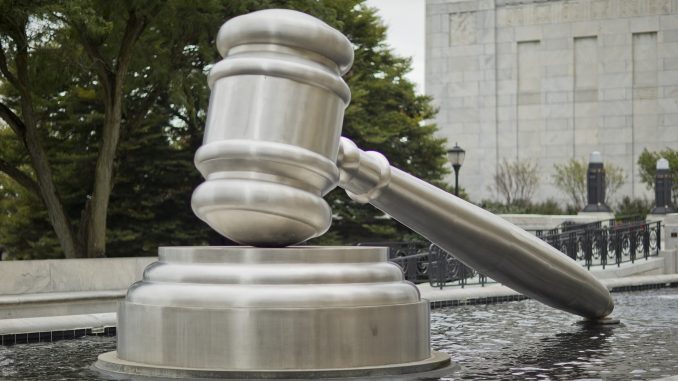
Following recent claims made in employment tribunals, the rights and status of workers are being questioned. Workers are continuing to question to challenge their contracts – claiming that they are employees and should be treated as such. Businesses hiring contractors on a self employed basis are being increasingly involved in legal battles regarding the rights of their workers.
What are the claims?
The gig economy is now being recognized as an important issue by politicians. With political groups highlighting the issue in their manifesto, is it time to take a look at the issue of the rights of these workers? Workers who are being hired on a self employed basis are questioning their contracts, claiming that they should have full employment contracts.
Employees receive a contract of employment for their services – which includes full access to employment rights and benefits including guaranteed minimum wage and paid holiday. Businesses can choose to pay for services to contractors on a self employed basis. This is designed to be a business to business service which offers employees far less rights and no employment protection.
Businesses that pay workers on a self employed basis don’t have any responsibility to offer the benefits provided with an contract of employment. They avoid having to pay minimum wage, protection from dismissal, holiday pay as well as employers national insurance. For those who are genuinely self employed, this isn’t an issue. However when companies are providing self employed contractor status to workers who should be treated as employees, it undermines the rights of the workers.
What are the most recent cases?
Some of the most recent court cases include high profile courier and taxi companies such as Uber, City Sprint, Addison Lee and eCourier. Workers from these companies tend to have self employed contracts, which they are now questioning, claiming that they are being treated as employees or workers and should receive the protection and benefits that comes with that.
An employment tribunal recently decided that Uber drivers were right in their concerns and they should receive employment rights. Despite their contracts which state they are self employed, the reality of the drivers relationships with the company Uber suggests that they should be treated as employees instead and the contracts should be revised.
Uber drivers are given default routes they have to follow, performance targets, are subject to disciplinary action. Uber also accepts liability for losses when a passenger doesn’t pay. If the drivers were self employed they would be liable for this loss themselves.
Addison Lee are another recent example of a company who have lost in court after claims that their workers should be treated as employees. Their workers are being treated as employed contractors when their relationship with Addison Lee suggests they should be treated as full employees and receive holiday pay and other employee rights.


Leave a Reply